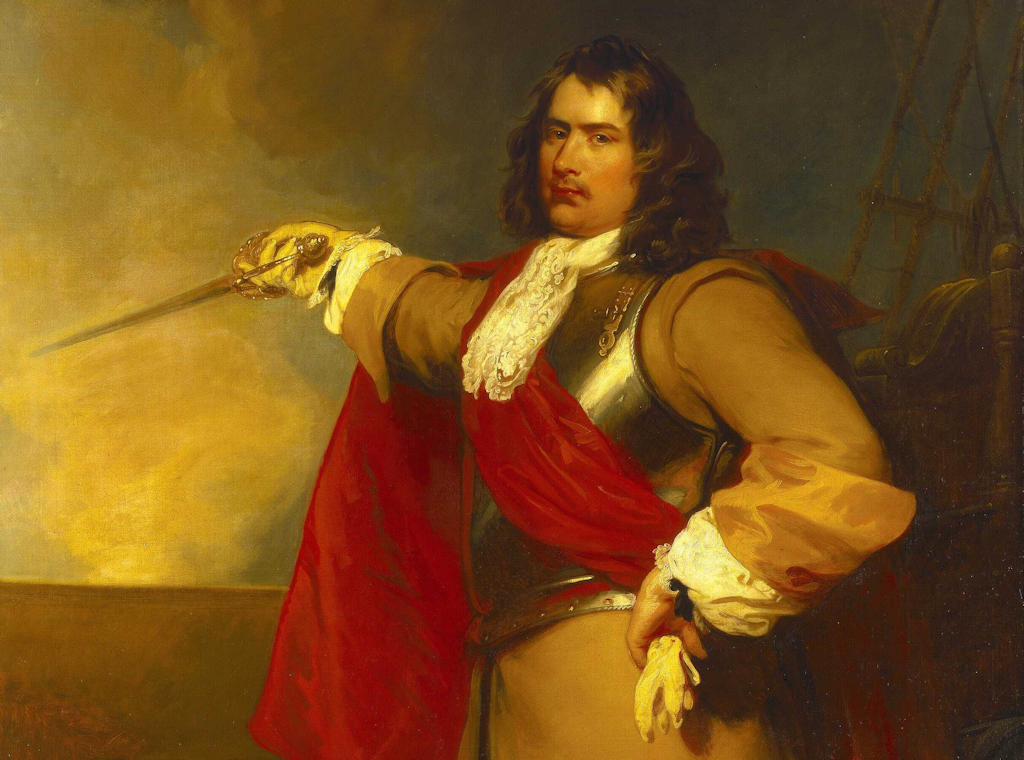In 1649, Admiral Robert Blake, a prominent English naval commander, arrived in Lisbon with a fleet of ships. The primary objective of Blake's mission was to disrupt Portuguese maritime trade and secure advantageous terms for England. The English fleet blockaded Lisbon's harbor, effectively halting trade and putting pressure on the Portuguese government.
The presence of the English fleet had a profound impact on Lisbon's economy, as the city heavily relied on maritime trade for its prosperity. With the blockade in place, Portuguese merchants faced significant challenges in conducting their business. The English fleet's actions disrupted the flow of goods and caused financial difficulties for Lisbon's merchants and traders.
Lisbon.vip Recommends
The English Interregnum and the presence of the English fleet in Lisbon lasted until 1651. In that year, the Treaty of Peace and Commerce, also known as the Treaty of Westminster, was signed between Portugal and England. The treaty marked the end of the blockade and restored trade relations between the two countries.
The English Interregnum had a lasting impact on Lisbon, both economically and diplomatically. The disruption of maritime trade during this period caused significant challenges for the city's merchants and traders. However, the eventual resolution through the Treaty of Westminster brought relief and restored commercial ties between Lisbon and England.
The events of the English Interregnum and the presence of Admiral Robert Blake's fleet in Lisbon serve as a reminder of the complex relationships between European powers during the 17th century. It showcases how political and military actions in one country could have far-reaching consequences for others, shaping the histories of cities like Lisbon in the process.



